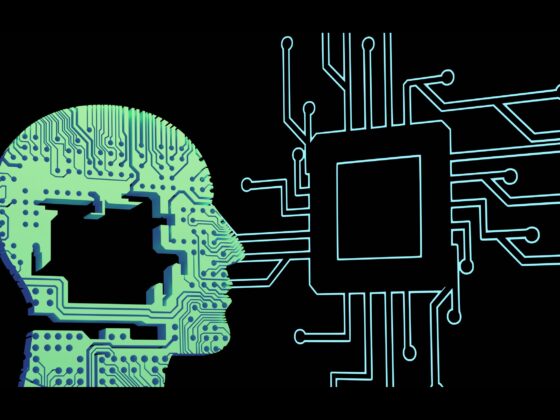Quantum computing, with its ability to harness the bizarre properties of the quantum world, holds immense potential to revolutionize the fields of data science and artificial intelligence (AI). While still in its nascent stages, this novel technology promises to break through the limitations of classical computers, ushering in a new era of data analysis and intelligent systems. What exactly means Quantum Leap in Data Science?
The Power of Qubits
Unlike traditional computers that rely on bits (either 0 or 1), quantum computers utilize qubits. These qubits can exist in a state of superposition, meaning they can represent both 0 and 1 simultaneously. This unique ability allows quantum computers to explore a vast number of possibilities concurrently, making them exponentially faster for specific types of problems. A Quantum Leap in Data Science and revolutionary impact of quantum computing on analytical methods.
Unlocking New Frontiers
This enhanced processing power translates to several exciting possibilities for data science and AI:
- Faster and More Efficient Machine Learning: Training machine learning models often requires processing massive datasets, which can be time-consuming for classical computers. Quantum algorithms can significantly accelerate this process, enabling the development of more complex and accurate AI models.
- Advanced Data Analysis: Quantum algorithms excel at solving optimization problems, which are prevalent in various data science applications. This can lead to breakthroughs in areas like financial modeling, logistics optimization, and drug discovery.
- Novel AI Algorithms: The unique capabilities of quantum computers pave the way for the development of entirely new AI algorithms. These algorithms could overcome limitations faced by traditional methods and unlock new avenues for research and development.

Examples of Applications
- Google AI demonstrated the potential of quantum computing for image classification by training a model on a quantum computer to achieve comparable accuracy to a classical model, but in significantly less time.
- Researchers at the University of Toronto explored the use of quantum computing for natural language processing, achieving promising results in sentiment analysis.
Challenges and Considerations
While the potential is undeniable, there are challenges to overcome:
- Quantum Supremacy: Achieving quantum supremacy, where quantum computers outperform classical computers for specific tasks, remains an ongoing pursuit.
- Scalability: Building and maintaining large-scale quantum computers is a complex and expensive undertaking.
- Integration with Existing Systems: Effectively integrating quantum computing with existing data science and AI workflows is crucial for practical applications.








